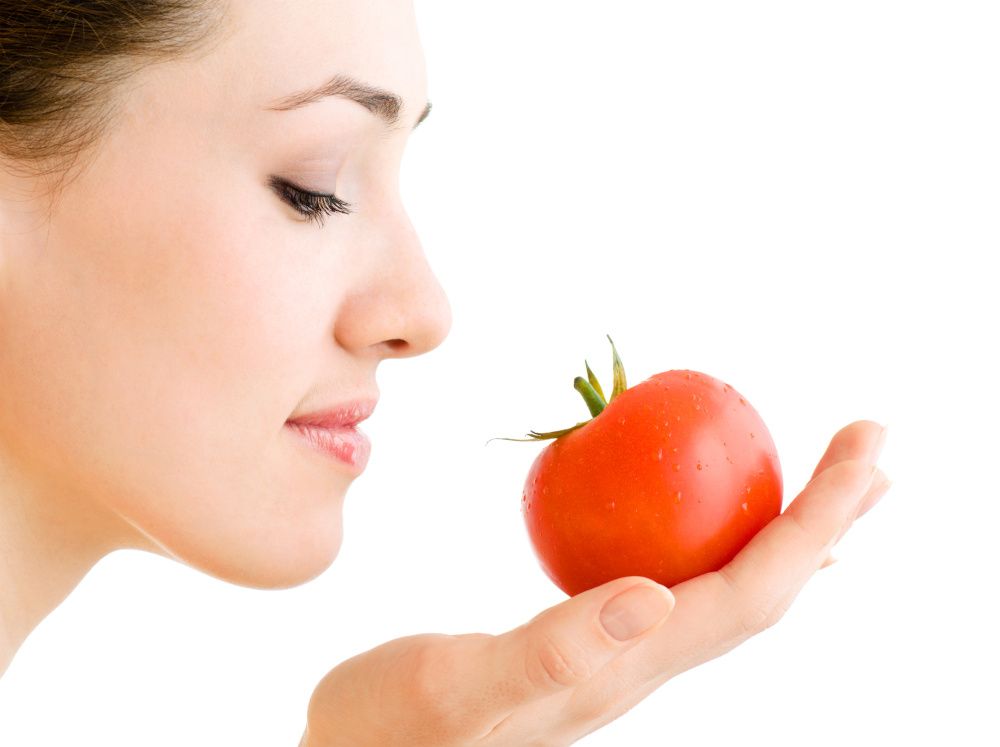Tomato, rosemary nutricosmetic blend may work synergistically to support skin against environmental UV irradiation
According to researchers, the combination of tomato and rosemary extracts in Lycoderm was more protective than either compound alone.
Researchers recently studied whether oral supplementation with Lycoderm, a branded ingredient from Lycored (Be'er Sheva, Israel), could support the skin against UV-induced cell damage thanks to the ingredient’s antioxidant and anti-inflammatory effects. According to researchers, the combination of tomato and rosemary extracts in Lycoderm was more protective than either compound alone.
Tomato-derived carotenoids like lycopene and beta-carotene may help fight UV-induced skin damage by decreasing UV-induced lipid peroxidation in human dermal fibroblasts, according to past human intervention studies. Meanwhile, carnosic acid, a phenolic diterpene from rosemary, has been shown to prevent UV-induced damage in human fibroblasts and keratinocytes. In combination, the researchers wrote, “a tenable view is that the beneficial effects of phytonutrient mixtures reside, at least partly, on the complementary and overlapping mechanisms of action of these nutrients on several cellular pathways.”
For instance, the authors explain, sun exposure can result in skin inflammation, which can lead to erythema (skin reddening) and a subsequent synthesis and secretion of pro-inflammatory cytokines such as IL-6 and TNF-alpha. These cytokines can activate the synthesis and secretion of proteases that degrade skin collagen such as matrix metalloproteinases (MMPs). Carotenoids and polyphenols may help modulate two transcription systems, ARE/Nrf2 and NFκB, to inhibit these events.
First, researchers studied Lycoderm’s synergistic ingredients—including 10 µM lycopene and 5 µM carnosic acid—in vitro to see how they could inhibit, both separately and in combination, UVB-induced release of inflammatory cytokines and balance oxidative stress. “The combinations of [Tomato Nutrient Complex] with carnosic acid or rosemary extract [in Lycoderm] produced a statistically significant stronger activation of the ARE/Nrf2 reporter activity as compared to the compounds alone,” they wrote, noting that “activation of ARE/Nrf2 is one of the basic mechanisms to balance UV-induced skin damage.”
The researchers also tested the bioavailability of the carotenoids in Lycoderm in 23 human volunteers aged 24 to 33 years old. Each subject consumed two capsules of Lycoderm daily at two separate meals, delivering a daily supply of 15 mg of lycopene, 5.9 mg phytoene plus phytofluene, 0.9 mg beta-carotene, and 4 mg carnosic acid. The subjects’ blood was analyzed at the beginning of the study and two and three weeks after beginning supplementation. Researchers noted a statistically significant and linear increase in average plasma lycopene, phytoene, and phytofluene after two and three weeks of supplementation.
“The results of this study open new avenues for prevention of UV-induced skin damage,” the researchers wrote. “A nutritional approach has clear advantages over topical prevention with sunscreens, which are mainly used during vacation time, whereas about 70% of sun exposure occurs during regular daily activity.”
Two of the study’s authors are consultants employed by Lycored.
Reference
- Calniquer G et al. “Combined effects of carotenoids and polyphenols in balancing the response of skin cells to UV irradiation.” Molecules. Published online March 30, 2021.








